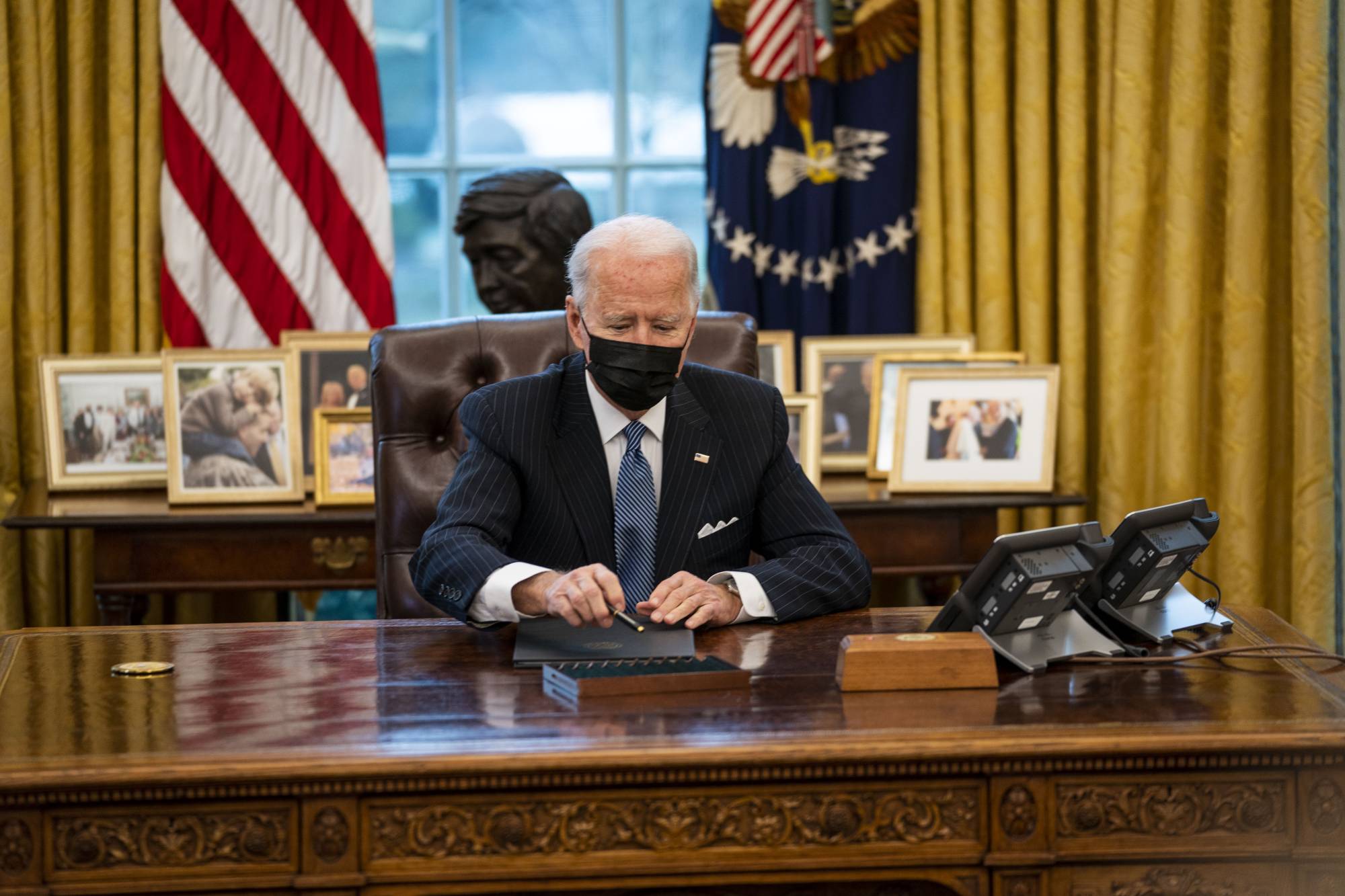U.S. President Joe Biden and President Vladimir Putin of Russia avoided a renewed arms race Tuesday when they formally agreed to extend the last remaining nuclear arms treaty between their countries. But White House officials said Biden also confronted the Kremlin leader over the poisoning of an opposition activist and a hacking of government and private computer networks in the United States.
It was the first call since Biden’s inauguration between the leaders of the world’s two largest nuclear powers. But it was being watched as much for its tone as its substance: Biden vowed during the transition to make Russia "pay a price” for the hacking, and his administration, in its opening hours, demanded the release of Alexei Navalny, whose arrest Jan. 17 prompted protests last weekend across Russia that resulted in more than 3,000 arrests.
The call was, in essence, the opening act of what promises to be a deeply adversarial relationship between the two leaders, and most likely the sharpest turn in American foreign policy since President Donald Trump left office one week ago.



















With your current subscription plan you can comment on stories. However, before writing your first comment, please create a display name in the Profile section of your subscriber account page.